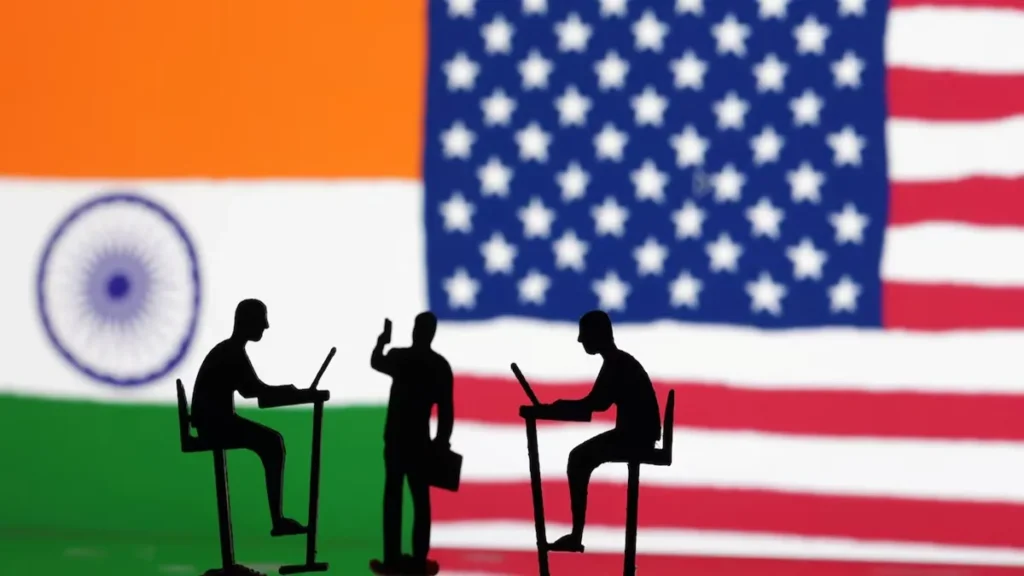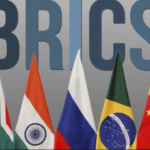NEW DELHI: With the US Trade Representative (USTR) report highlighting India’s non-tariff barriers across multiple sectors, experts caution that any relaxations in government procurement, intellectual property (IP), and data localisation should be weighed carefully, keeping the interests of the domestic industry in mind.
Ahead of the reciprocal tariff imposition on April 2, the USTR raised concerns about India’s non-tariff barriers in additional sectors, including banking and insurance FDI, IP protection, FDI in retail, and inventory-based e-commerce.
International trade expert Abhijit Das argued against modifying India’s regulations—particularly in government procurement—to align with US demands, arguing that such changes would restrict India’s policy flexibility under WTO rules and adversely impact domestic suppliers.
In defense procurement, the USTR report stated that India’s offset policy, which mandates foreign companies to invest at least 30% of the acquisition cost of contracts above a certain threshold in Indian-made parts, equipment, or services. The report claimed that these requirements pose significant challenges for US manufacturers, especially those dealing in high-technology equipment, due to frequent policy changes and limited investment opportunities.
“There is no reason why we should be changing our rules and regulations just because US has a problem with it,” Das said.
He emphasised that unless India secures substantial benefits in return, it should not relinquish such regulatory flexibilities.
Under India’s current foreign exchange laws, 100% foreign direct investment (FDI) is permitted in single-brand retail trading (SBRT), but investments exceeding 49% require government approval. Multi-brand retail trading (MBRT) is allowed up to 51%, entirely under the government route.
“To incentivise further foreign investment in the retail sector, the government could consider liberalising regulations for SBRT. This could include allowing a higher percentage of FDI under the automatic route and/or easing local sourcing requirements,” said Vaibhav Kakkar, senior partner at Saraf and Partners.
The regulatory framework for foreign investment in the MBRT sector is likely to remain unchanged since it continues to remain a heated political issue, Kakkar said. Apprehensions in this regard general stem from possible adverse consequences for local Indian traders and shopkeepers due to entry of foreign players in the market, Kakkar added.
Das said that on the financial services and other service-related matters, India’s regulations are completely aligned with the commitments under the WTO.
The US has been articulating many of these concerns for the past 15 years, but there are very good reasons for India not to agree with those.
“Now, if we were to align our domestic laws and regulatory regime with what US wants, then that would delay the entry of generics on social products in the market that can have a huge, devastating impact on access to affordable medicines. So, these are issues of considerable implications, and rightly so, the government has for so many years not made the changes which US may be wanting,” Das said.
While acknowledging that India had made progress by raising the foreign direct investment (FDI) limit in the insurance sector from 74% to 100%, the USTR report pointed out that India has yet to clarify whether it will remove safeguards that require a majority of board members to be Indian residents.
Source: The Financial Express

 India Urges BRICS To Mobilise $1.3 Trillion To Achieve Climate Goals
India Urges BRICS To Mobilise $1.3 Trillion To Achieve Climate Goals 